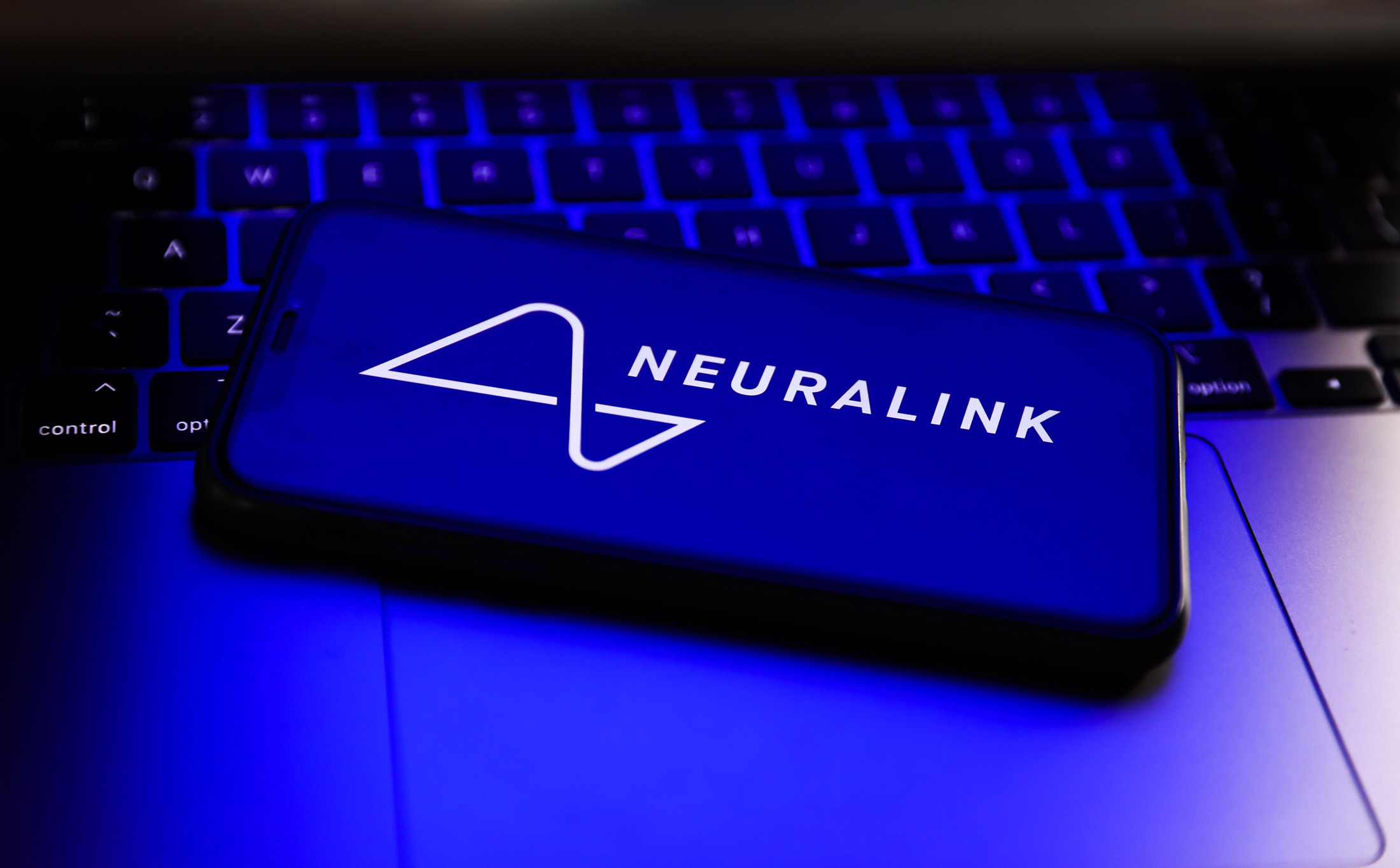
Neuralink Corp, led by Elon Musk, encountered a significant technical hiccup with its first human brain implant, according to a recent blog post by the company.
The device, implanted in January in patient Noland Arbaugh, suffered mechanical issues as electrode-studded threads began to retract from the brain tissue. This malfunction impaired the device’s functionality, a problem initially reported by The Wall Street Journal.
Neuralink’s inaugural human surgery aimed to advance brain-computer interface technology, but instead, it revealed unforeseen challenges.
After the surgery, some threads retracted from their intended position within the brain tissue, leading to device malfunction. Despite these complications, Neuralink responded by implementing a series of software adjustments. These fixes, the company claims, not only resolved the issue but enhanced the device’s performance beyond initial expectations.
In addressing the mechanical setback, Neuralink is also progressing on other fronts. The company is refining the device’s capabilities in text entry and cursor control and plans to expand its functionality to operate physical world devices like robotic arms and wheelchairs. This development is crucial as the company prepares for broader application trials.
Experts in the brain-implant industry suggest that the complications might be attributed to the device’s design, where the threads connect inside the skull rather than on the brain surface. Eric Leuthardt, a neurosurgeon at the Washington University School of Medicine in St. Louis, pointed out that normal brain movement within the skull could disturb the implant.
Unlike traditional brain implants that rest on the brain like a boat on water and naturally move with the brain, Neuralink’s implant involves threads that are not expected to retract, as noted by Matt Angle, CEO of Paradromics Inc., a rival brain-implant company.
The implications of this malfunction are significant, especially as Neuralink aims to test its device on more human subjects. Any persisting issues could potentially delay the approval process by the Food and Drug Administration.
Before this human trial, Neuralink had extensively tested the implant in animals. However, as Leuthardt mentioned, the smaller brain size of animals might not accurately represent the electrode movement observed in humans, suggesting a need for further modifications.
Related News:
Featured Image courtesy of Jakub Porzycki/NurPhoto via Getty Images
